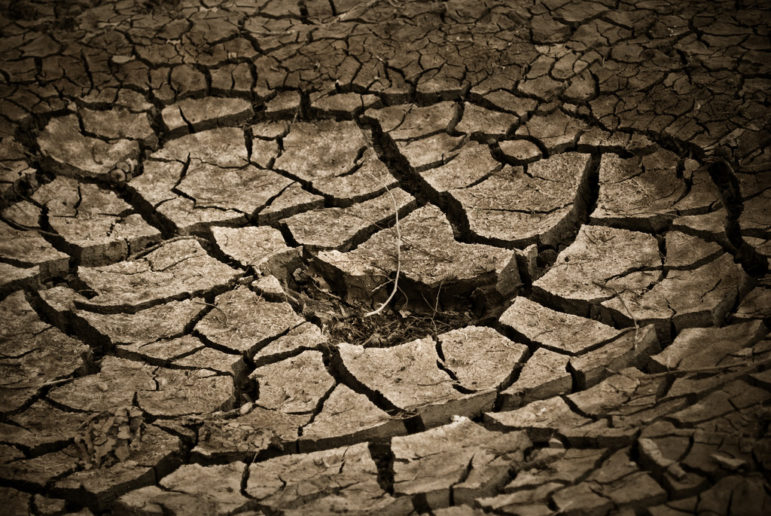
July 19, 2016, Project Syndicate
The Arab world comprises the 22 countries and territories of the Arab League. It possesses some of the world’s greatest oil reserves, but it’s running out of water. This crisis might lead to more political convulsions and war, or it could force cooperation. Brahma Chellaney shares his astute assessments at Project Syndicate.
In short, the Arab world is increasingly trapped in a vicious cycle. Environmental, demographic, and economic pressures aggravate water scarcity, and the resulting unemployment and insecurity fuels social unrest, political turmoil, and extremism. Governments respond with increased subsidies on water and other resources, deepening the environmental challenges that exacerbate scarcity and lead to unrest.
As Crown Prince Gen. Sheikh Mohammed bin Zayed Al Nahyan of the United Arab Emirates (UAE) said at an international water conference in Abu Dhabi last January, “For us, water is [now] more important than oil.”
Water scarcity in the Arab world arises from climate conditions (low rainfall, high evaporation rates and frequent droughts) and unsustainable overabstraction. A 2013 UN Development Program study titled “Water Governance in the Arab Region: Managing Scarcity and Securing the Future” warns, “The average Arab citizen has eight times less access to renewable water than the average global citizen, and more than two thirds of surface water resources originate from outside the region.” This study estimates that more than 87 percent of the Arab world’s terrain is desert possessing 14 of the world’s 20 most water-stressed countries.
A seven-year study showed that freshwater losses in the region nearly equaled the volume of the Dead Sea. During the time of this study, this region lost more freshwater than any other spot on earth. According to this extensive study produced by the Water Governance Programme for Arab States, a project of the United Nations Development Programme Regional Bureau for Arab States (UNDP-RBAS), by the year 2025 the water supply in the Arab region will be only 15 percent of what it was in 1960.
Sign up for our free newsletters
Subscribe to NPQ's newsletters to have our top stories delivered directly to your inbox.
By signing up, you agree to our privacy policy and terms of use, and to receive messages from NPQ and our partners.
Arab nations are expanding the use of technology to manage water, including desalination (the UAE is already entirely dependent on desalination), reclaiming and treating wastewater, rainwater harvesting, cloud seeding, more advanced irrigation techniques, and the reclamation of drainage water. Jordan and Saudi Arabia signed an agreement and invested more than $1 billion to protect and manage the Disi aquifer the two nations share. This UNDP report provides another example of cooperation in managing shared water resources in the North Western Sahara Aquifer System shared by Algeria, Libya and Tunisia.
With support from UNESCO and other bi- and multi-lateral donors, scientists from two of these countries have been working together since the 1960s to develop a common database and agree on the impacts of use scenarios. Libyan experts joined the cooperation in 1998. This case illustrates the advantages of processes to agree on datasets and plans and build consensus before large-scale exploitation gets underway.
The nonprofit newswire at NPQ reported on a small but exemplary example of water management cooperation in a date orchard in the West Bank led by Build Israel Palestine, a U.S.-based organization. The date farmers live in Auja, a village located in the Jordan Valley surrounded by Israeli settlements, and they are finding solutions.
Chellaney makes the case that water scarcity contributes to the cycle of violence in the region. He notes that the Arab Spring uprisings had much to do with rising food prices, which resulted directly from the worsening water crisis.
One reason water insecurity in the Arab states does not receive as much attention in the West as global warming is because the region is understood to be mostly desert and its news is almost entirely about war and terrorism, not the deprivations of and natural threats to its people. A sustainable water future for the Arab world will require planning and cooperation. There is no other sane choice.—James Schaffer













